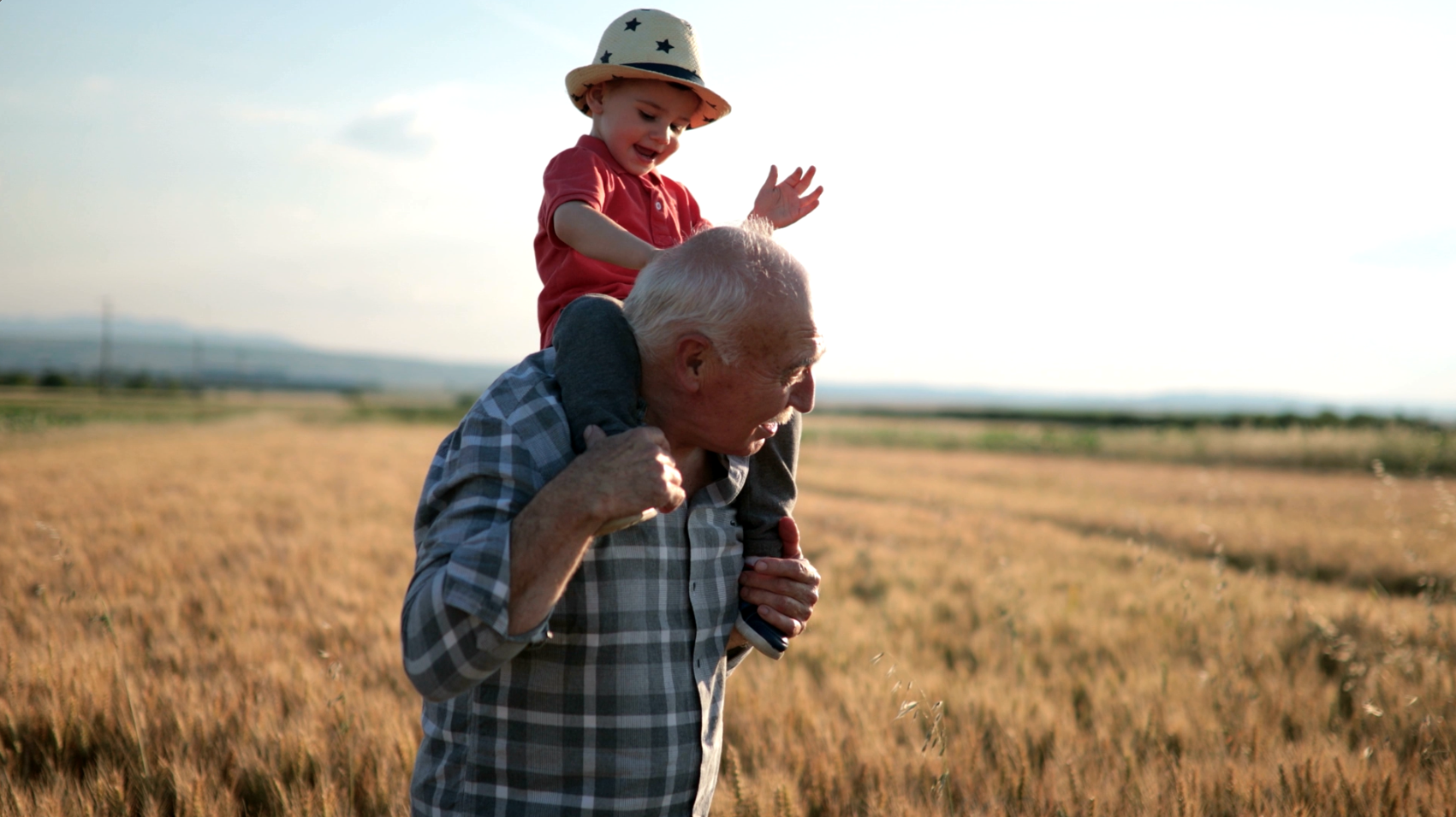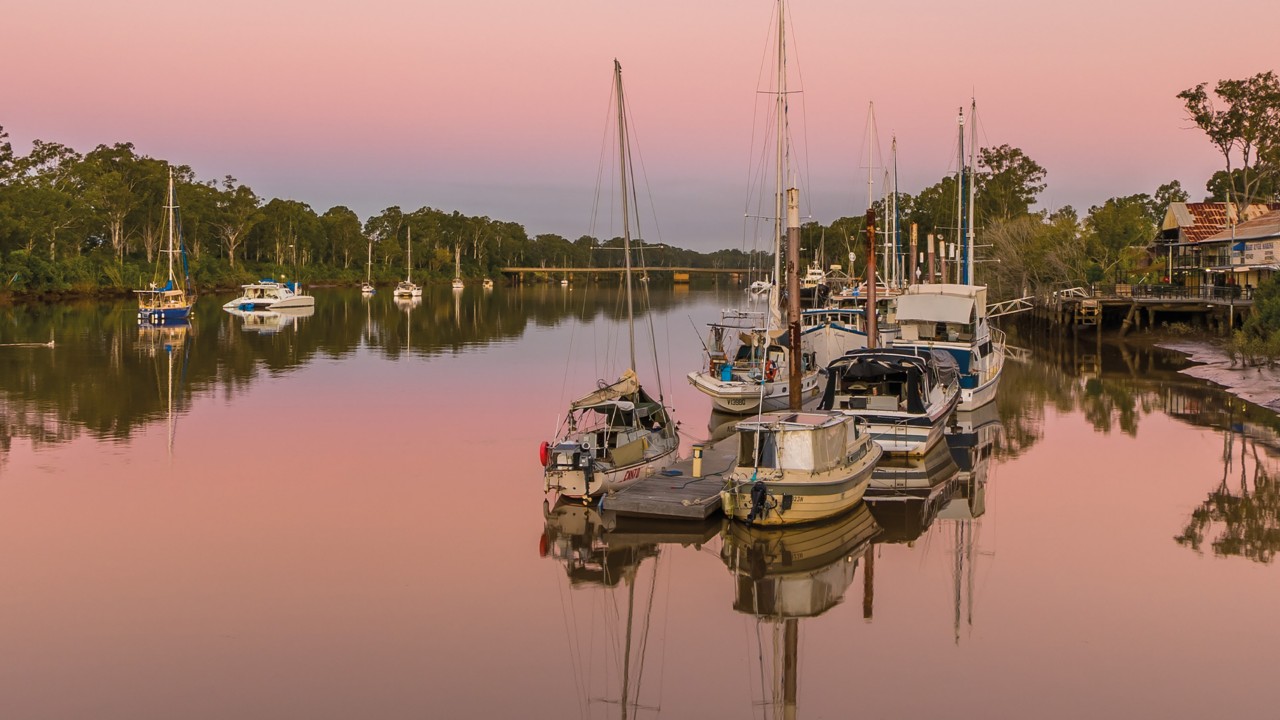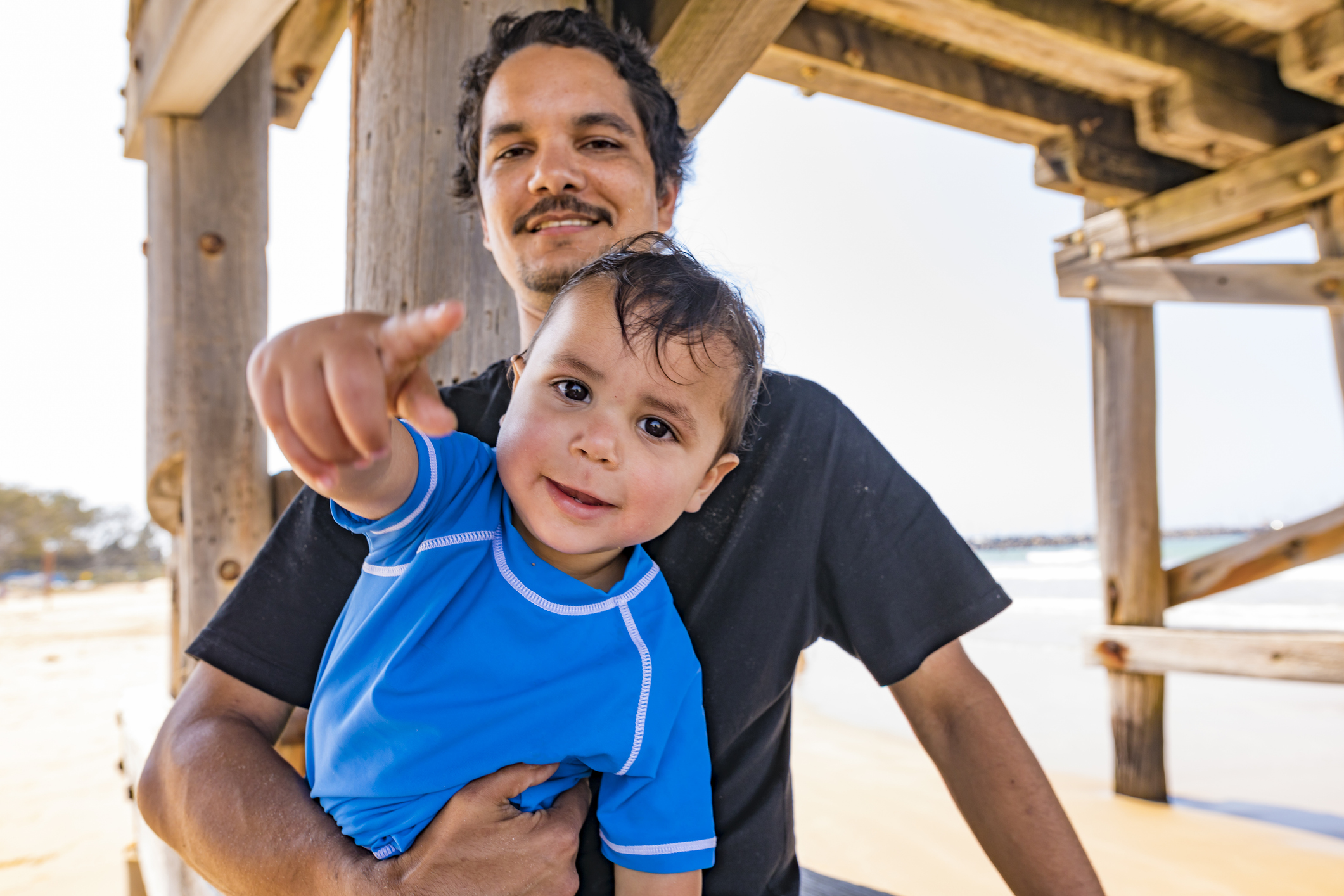
Healthy Communities Flood Wellbeing and Resilience Grants Program
CCQ recognises the importance of enhancing both individual and community wellbeing and resilience through collaborative efforts. In 2023, Healthy Communities initiated a community support program to aid ongoing and future flood-affected areas in Gympie, Noosa, and Maryborough regions. Understanding the health impacts of disasters, CCQ partnered with a number of community-based organisations to develop and implement programs aimed at improving health and wellbeing.
The CCQ Flood Wellbeing and Resilience Grants support recovery, resilience, and wellbeing initiatives, aiming to connect systems that foster long-term community resilience. Through a competitive grant process, CCQ selected six partners in the Wide Bay/Noosa regions, each offering programs focused on mental health and wellbeing within disaster resilience and recovery. These partners are conducting location-based projects, leveraging CCQ's and each other's strengths in collaboration and innovation.
Partners Selected - Across Wide Bay & Noosa Regions
Through a competitive grant process, CCQ selected six partners in the Wide Bay/Noosa regions, each offering programs focused on mental health and wellbeing within disaster resilience and recovery. These partners are conducting location-based projects, leveraging CCQ's and each other's strengths in collaboration and innovation
The University of Sunshine Coast Thompson Institute
The Thompson Institute is providing neuroscientific education and training to disaster management professionals, volunteers, and community members in areas affected by flooding, specifically in Noosa, Gympie, and Maryborough. The goal is to enhance community readiness for future floods by offering training sessions both online and in person. The Institute will assess the effectiveness of different training methods. Over 520 people will attend these sessions to learn about trauma care and personal wellbeing strategies to handle disasters. Collaborating with organizations like Headspace and local healthcare centres, the Institute aims to test and evaluate different resilience training models by December 2024.
North Coast Aboriginal Corporation
 The North Coast Aboriginal Corporation for Community Health has launched the "Mob Pod" health initiative to improve the health and wellbeing of Aboriginal and Torres Strait Islander people in Gympie and Noosa's rural areas. The Flood Wellbeing and Resilience grant will fund this initiative, which includes a mobile health facility designed to:
The North Coast Aboriginal Corporation for Community Health has launched the "Mob Pod" health initiative to improve the health and wellbeing of Aboriginal and Torres Strait Islander people in Gympie and Noosa's rural areas. The Flood Wellbeing and Resilience grant will fund this initiative, which includes a mobile health facility designed to:
- Offer in-person health services like GP consultations, allied health services, nursing care, and specific community health programs for the 2,400 First Nation residents.
- Provide mobile wi-fi for telehealth and digital health services, along with community wi-fi hotspots.
- Serve as a mobile centre for health and wellbeing activities and tailored pop-up events.
The project aims to enhance participants' health and wellbeing through improved access to health services, especially mental health support, for those who might not typically seek Aboriginal Health services. Residents from Tin Can Bay to Amamoor and Tewantin will benefit from this initiative. The Mob Pod collaborates with local healthcare providers, mental health services, occupational therapy services, and women's health organisations to expand its outreach and effectiveness.
Centre for Rural and Regional Indigenous Health - NACCHO
Youturn, run by Headspace Gympie, is creating an outdoor garden to boost social connections and resilience. With funding from the Flood Wellbeing and Resilience grant, they aim to improve the mental health and resilience of 400 young people (aged 12-25) and their families in flood-affected areas of Gympie, Noosa, and Maryborough.
The program focuses on those affected by floods by building a trauma-informed outdoor garden at the Youturn / Headspace Gympie Centre. The partners will organise various activities and group programs in the garden to promote social connections, reduce anxiety, and enhance coping skills.
The garden serves as a central space for hosting group programs that have been shown to reduce social isolation and provide a safe and supportive environment for young people. These programs help them tackle personal issues like lack of confidence, low self-esteem, anxiety, or symptom management. Overall, they aim to support young people in managing their symptoms and improving their social interactions in a safe and therapeutic setting, promoting connectedness and recovery.
Maryborough Neighbourhood Centre
The Maryborough Neighbourhood Centre aims to strengthen social ties and educate the Culturally and Linguistically Diverse (CALD) community about disaster readiness and resilience through its ongoing Migrant Development Program (MDP). They plan to engage up to 300 members of the Maryborough CALD community in the following ways:
- Organising cultural activities combined with workshops on disaster readiness and resilience, providing opportunities for social interaction.
- Creating a recipe book featuring resilience stories and multicultural cuisine, which will be distributed for free. The book will include disaster readiness tips and other relevant information.
- Hosting a multicultural community event to wrap up the project and launch the recipe book.
By the end of the project, they expect CALD community members to have improved disaster readiness through increased knowledge, planning, connections, and social interaction. Additionally, they anticipate enhanced social cohesion between the CALD community and other residents of Maryborough, as well as a greater recognition of culture as a source of strength for disaster resilience and recovery.
Gympie and District Women's Group

The Gympie and District Women’s Health Group (GWHC) is using the Flood Wellbeing and Resilience Grant to enhance the mental health and wellbeing of women in rural Gympie. They currently offer various mental health services, including linking clients with sustainable non-clinical support like community groups and networks to improve their mental health, wellbeing, and resilience.
By establishing community hubs in five rural towns within the Gympie region, they aim to ensure that no client in the target area needs to travel more than an hour round trip for face-to-face mental health support. Additionally, all women in the target area will be able to access GWHC's online sessions from home or nearby community hubs.
Moreover, this project seeks to boost GWHC's ability to provide mental health support to specific groups during and after disasters.
Waves of Kindness
As a generalist first-stop community support agency, Waves of Kindness (WOK) aims to empower individuals to build connections and confidence for improved wellbeing and resilience. Through their support initiative “Caring Connection” WOK assists individuals with navigating wellbeing services, connecting them to community groups, advocating for them with service providers, providing essential needs through their op shop, and offering listening and coaching support. The Flood Wellbeing and Resilience Grant will allow WOK to expand its Caring Connection service to three sites and assist 420 vulnerable residents to access benefits, government services, and social connection programs.
WOK will also partner with Sunshine Beach State School and the RAISE Program to enhance the resilience and wellbeing of young people, especially those facing mental health challenges and barriers. Additionally, WOK's op shops will be linked to the Noosa Local Disaster Management Plan to provide essential items and packages to people in need.
Plan C

zzzzzzzzzzzzzzzzzzzzzzzzzz
Drawing on the successful implementation of the Community Carers and Responders (CCR) model implemented in Northern Rivers NSW since 2021, Safer Future in partnership with Plan C, is implementing the CCR Network across the Gympie, Maryborough, and Noosa Regional Council areas. This initiative empowers communities through comprehensive and trauma-informed disaster resilience training, resources, social connection and collaborations between local councils, emergency agencies, and community groups. By establishing a network of 75 trained, equipped, and supported volunteer CCRs, the program is designed to enhance mental health, develop disaster preparedness skills, foster social capital, and increase resilience among participants. This is being achieved through comprehensive training, collaboration with local/regional stakeholders and practical and technical support of CCRs in executing their own community resilience building projects. The project will further the knowledge and evidence base of community-led disaster management and resilience building in ways suited for replication throughout Australia.







